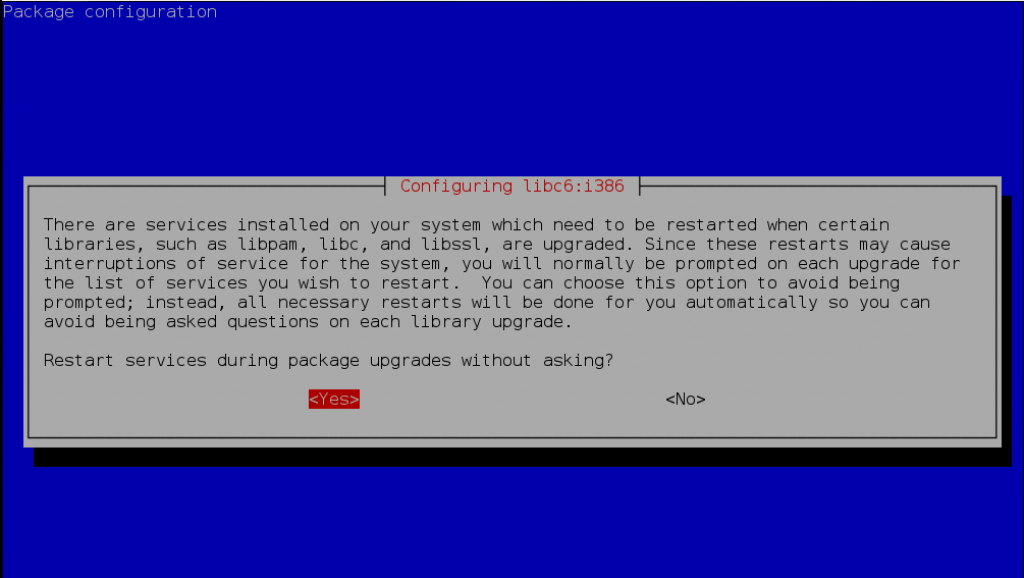Kali Linux – sources.list and update
In Unix systems, repositories are called source software, of which the package manager downloads and installs programs. The list of Debian (and its derivatives) is located in: /etc/apt/sources.list and files in the directory /etc/apt/sources.list.d/. The format of the file is:
{type} {adres} {system version} {section1} {section2} {section3}Description:
{type}- is kind of repository distinguish repositories of binary packages (deb), ready to use, and repositories of source packages (deb-src)
{adres}- repository address, it is usually http or ftp server can also be a local repository (file: //) or CD/DVD
{system version}- version used by our system, for example.
Stable,testing,unstable. In most cases (in the case of official repositories always) may also be a code, for example:etch,lenny,sid
{section}- packages group, for example. main (main section includes packages comply with the Debian Free Software Guidelines), non-free (contains the packages non-free), contrib (includes packages free, in line with the DFSG, but somehow depend on packages in non-free). Sections may be given in any order.
nano /etc/apt/sources.listIn sources.list file we can add one line:
deb http://http.kali.org/kali kali-rolling main contrib non-freeThis one allows to update and install new repositories for Kali Rolling users.
Why kali-rolling repository ? Answer from kali.org: In contrast to kali-dev, kali-rolling is expected to be of better quality because it’s managed by a tool that ensures installability of all the packages it contains. The tool picks updated packages from kali-dev and copies them to kali-rolling only when they have been verified to be installable. The repository is also fed by a stream of tool updates, of which we get notified via our upstream git tagging watch list.
After set up our repository in sources.list file we can easily update system by:
apt-get update && apt-get upgradeKali will now check servers for updates. If there any repositories (and it will because we just have a fresh, new system in a virtual environment), it will ask you to install them. Sometimes I can remember the whole command to execute I use permanent aliases. I will create some article: how to create a permanent alias.(status: in progress …)
During installation Kali will ask for restart services during update repositories:
When list of all repositories will be updated, we can use:
shutdown -r nowto restart our machine. Now all repositories should be updated. If you will some problems during update, please leave comment below.
Reference:
- Kali Linux Git Repositories
- Kali Linux Official Documentation
- @kalilinux on twitter
- Kali Linux Forum
My site is free of ads and trackers. Was this post helpful to you? Why not



